Special Diets - Gluten Intolerance, Wheat Free Diets, Lactose Intolerance and Casein
Gluten Labelling
 Gluten Free. This product is Gluten Free. It contains less than 20 parts of gluten per million (<20PPM). Suitable for coeliacs.
Gluten Free. This product is Gluten Free. It contains less than 20 parts of gluten per million (<20PPM). Suitable for coeliacs.
 Naturally Gluten Free. This product does not contain gluten naturally. For example, apples or chickpeas.
Naturally Gluten Free. This product does not contain gluten naturally. For example, apples or chickpeas.
At Real Foods we make every effort to ensure our labelling is accurate and up-to-date. However manufacturers can and do change their recipes and procedures, so please ALWAYS check the labelling on the actual product. If we have sold anything inaccurately labelled please contact us at your first opportunity and we will refund, redispatch or otherwise rectify as appropriate.
If you would like more information on a specific product, please use the enquiry form provided on the product page or email webshop@realfoods.co.uk for more information.
Follow this link for more information on our own brand Real Foods' labelling policy
Buy Gluten Free Whole Foods in Bulk Wholesale Sizes
Bulk buying gluten free wholefoods is a great way to save money. We have a range of naturally gluten free products that can be bought in the original bulk sizes of smaller sizes if you wish. The more you buy, the less you pay per 100g. Get high quality, gluten free whole foods delivered to your door - see our Wholesale Page
What is ... Gluten Intolerance? (and Coeliac disease)
Gluten intolerance (or sensitivity) can be very mild , very severe, or anything between these two extremes. At the moment there is a lot 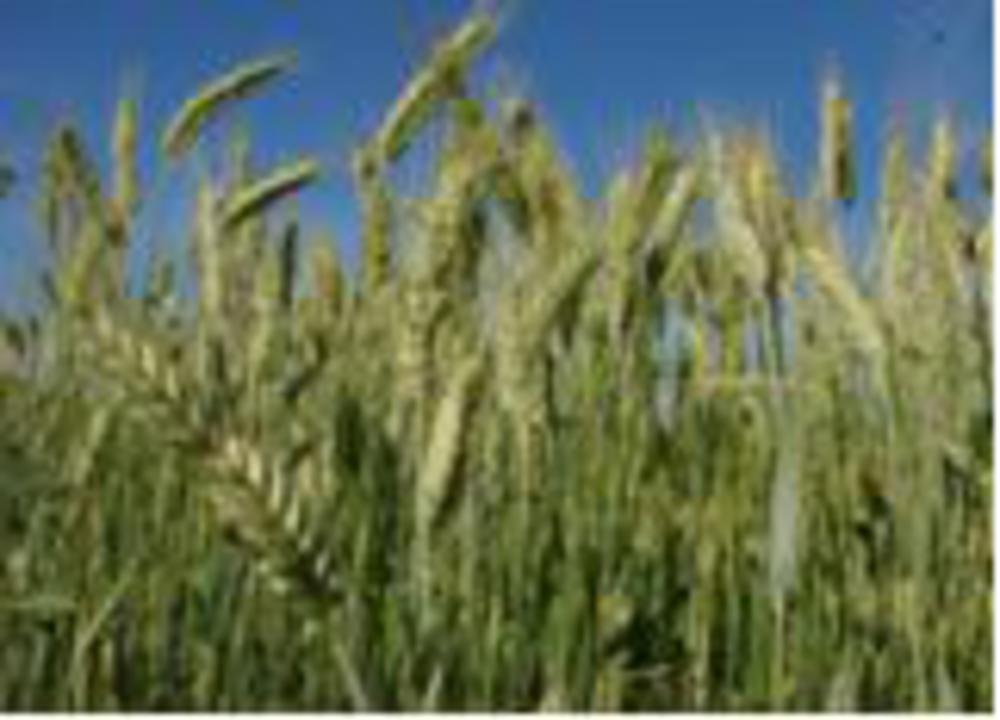 of research being carried out regarding the role of gluten sensitivity in many neurological illnesses including depression, ADHD, autism and headaches.
of research being carried out regarding the role of gluten sensitivity in many neurological illnesses including depression, ADHD, autism and headaches.
(see, for example this report by a leading American Psychiatrist http://www.psychologytoday.com/blog/the-breakthrough-depression-solution/201105/is-gluten-making-you-depressed )
Although it is too soon to be certain of exact connections some people have experienced good improvement in their health by excluding gluten from their diets.
Read, for example, Dr David Perlmutter's book 'Grain Brain' (ISBN 978-1-444-79190-7) in which the author seeks to show how gluten and sugar can both decrease our brain health and increase the risk of memory problems and cognitive impairment.
Gluten is the Latin Word for 'Glue'
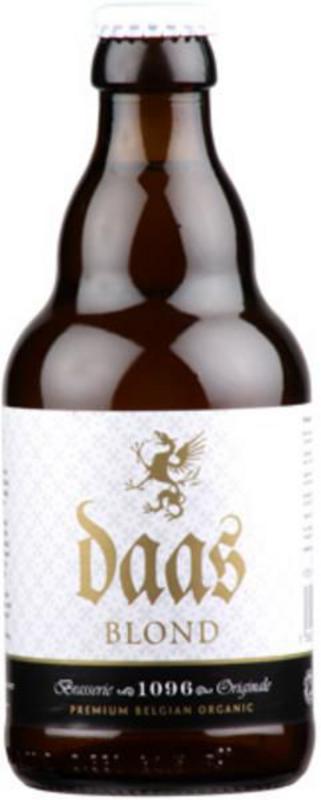 We use it to refer to the protein found in wheat that makes our bread spongy. Gluten is also found in rye and barley. It's also one of the most common food additives used today and can also be found in many toiletries and cosmetics.
We use it to refer to the protein found in wheat that makes our bread spongy. Gluten is also found in rye and barley. It's also one of the most common food additives used today and can also be found in many toiletries and cosmetics.
Quite apart from gluten being found in grains such as wheat, barley and rye, it is also common in things like baked beans, ice-cream,gravy, mayonnaise, beer, maltodextrin, and modified food starch.
Coeliac disease
Also called gluten intolerance or gluten sensitivity,it's an auto-immune disease, which means the body's immune system attacks itself.
When people with coeliac disease eat foods containing gluten, it damages the lining of the small intestine, which stops the body from absorbing nutrients. This can lead to diarrhoea, weight loss and eventually malnutrition.
More information on coping with Coeliac Disease can be found here in our Health Encyclopaedia including tips on self-care and supplementation.
From the list above you can see that wheat ingredients (gluten) are used in many foods, including many sauces. Foods in batter or breadcrumbs aren't suitable for people with coeliac disease either. You also need to avoid some alcoholic drinks made from barley, such as beer and lager.
There are lots of foods that naturally don't contain gluten. Rice, potatoes and corn are all gluten free and are good sources of starchy 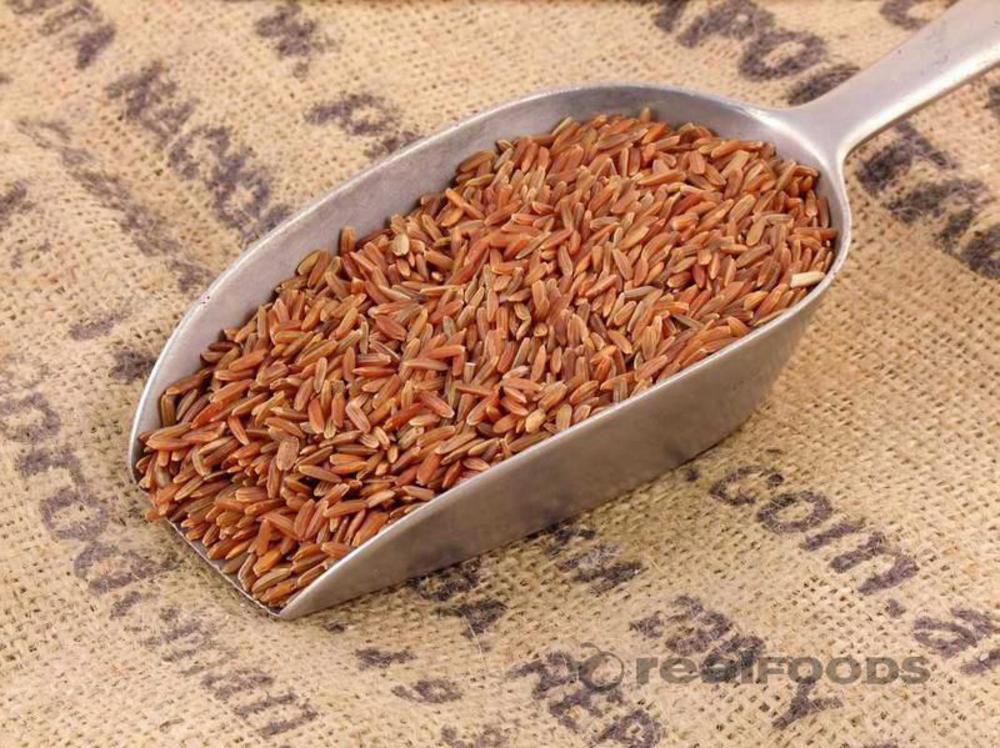 carbohydrate. Fruit, vegetables and unprocessed meat and fish don't contain gluten either.
carbohydrate. Fruit, vegetables and unprocessed meat and fish don't contain gluten either.
Some people with coeliac disease find they cannot eat oats. Oats contain a protein that is similar to gluten called avenin. It's also possible for small amounts of other cereals, such as wheat, to get into oat products when the crop is growing, or being harvested or transported.
Coeliac UK offers support and advice for people with the disease, you can find their website by following this link.
It's important to understand that products labelled 'wheat free' aren't the same as those labelled 'gluten free' or 'very low gluten'.
Follow this link to find out more about following a Gluten Free Diet, including some great kids' lunches, eating out and dinner ideas.
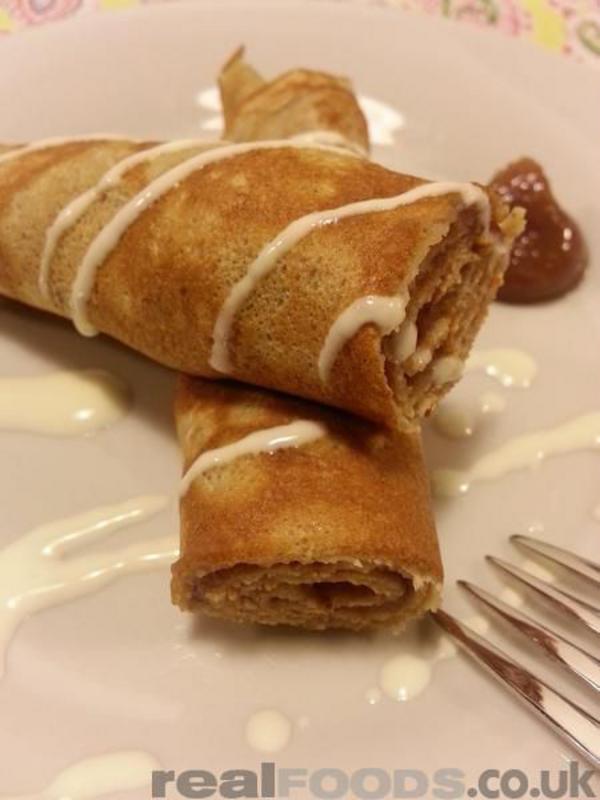 Wheat-free products may contain other cereals, such as rye or barley, so these won't be suitable for someone with coeliac disease, unless they are labelled 'gluten free food' or 'very low gluten'.
Wheat-free products may contain other cereals, such as rye or barley, so these won't be suitable for someone with coeliac disease, unless they are labelled 'gluten free food' or 'very low gluten'.
Gluten Free Food and 'very low gluten' products may still contain other proteins found in wheat (albumins, globulins and starch granule proteins). So these might not be suitable for people who are intolerant or allergic to wheat.
Here's our Real Foods Gluten Free Shopping List with some great basics and substitutions as well as some lovely Gluten Free treats.
Also, try our gluten free recipes
What is ... Wheat Free?
Wheat is a major diet constituent for much of the world. It is an ingredient for a wide range of foods. It's a cheap bulking agent, so using wheat in food manufacture has advantages for manufacturers.
Most people eat wheat so often their bodies adapt and cope and so they experience mild forms of the symptoms (known as wheat intolerance) without ever really being aware of where the problem lies. Withdrawing wheat from the diet and therefore ridding the body of wheat can lead to immense improvements in health and wellbeing.
A wheat-free diet is not the same as a gluten free diet. On a wheat-free diet you just have to cut out wheat products alone, but on a gluten-free diet you must cut out all wheat, oats, barley and rye, because all of these foods contain gluten.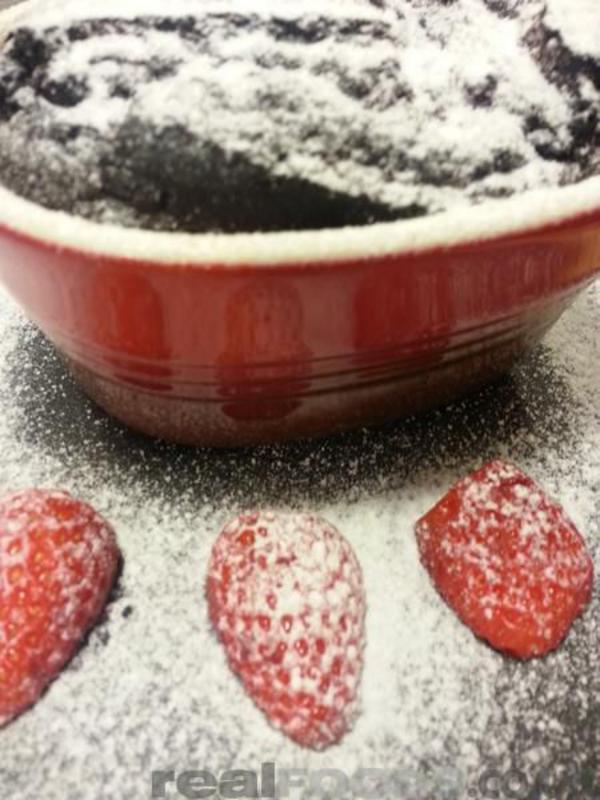
Basic foods such as bread and pasta will need to be avoided, as well as any foods which contain wheat and wheat flour ingredients, such as some soups, sauces and other foods.
This doesn't mean you have to give up completely on cakes though - take a look at our wheat free recipes.
Are there any long-term problems with this diet?
It is not easy to completely eliminate wheat from the diet, but it is easier than eliminating gluten. There are also a variety of wheat-free products available from health food stores, and gluten-free foods will also by definition be suitable for a wheat-free diet.
Wheat is one of the most commonly mentioned foods when talking about food intolerances and IBS, and eliminating wheat from your diet may be a good place to start if you suspect your diet is causing your symptoms. However, it's important to consult a doctor or nutritionist if you intend to follow any kind of strict diet for a long period.
What is ... Lactose Intolerance?
There are various reasons why people choose not to include dairy products in their diets, lactose intolerance is one of these reasons.
Lactose is the name of the type of sugar that is found naturally in milk.
Some people have a shortage of the enzyme lactase so can't digest lactose properly, and having milk and some dairy products makes them feel sick or bloated and gives them stomach pains and diarrhoea.
Milk from animals including cows, goats, sheep and humans all contain lactose. This means that goats' milk and sheep's milk aren't suitable alternatives to cows' milk for people who are intolerant to lactose.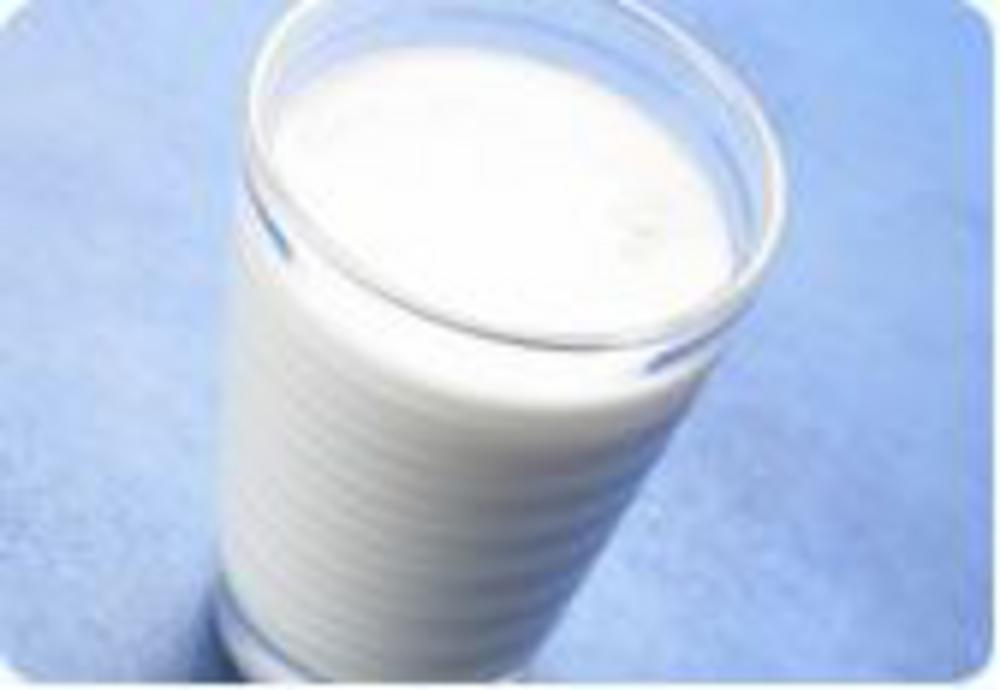
There is no medical treatment for lactose intolerance, but symptoms can be avoided by controlling the amount of lactose in the diet.
Milk and dairy products with reduced lactose are available from health food shops. People with lactose intolerance can also use soya, rice, quinoa, almond and oat drinks instead of milk. It's a good idea to choose one with added calcium. Also include natural sources of calcium by eating calcium rich foods such as pulses, nuts, wholegrains, Kelp and turnip greens.
People with lactose intolerance often find that they can eat cheese and yoghurt without any problems. Yoghurts with no added sugar are preferable as sugar feeds the harmful bacteria in the gut.
Choosing organic products may also help as a way of avoiding antibiotics and hormones and increasing intake of omega fatty acids.
What is ... Casein?
Casein is a protein found in the milk of all mammals and used independently in many foods as a binding agent. Some people are allergic to it. Casein may also be called caseinogen, particularly in European foods.
Casein should not be confused with lactose. Most people who have difficulty digesting milk are lactose intolerant. A casein allergy can be just that-- an allergy. It may manifest as breathing difficulty, hives and rashes, or serious pain in the gut leading to inability to get nourishment from food and dangerous weight loss.
Many people who are either allergic to casein and have linked it to milk, or who are vegan and therefore avoid animal products altogether, are not aware of casein in other foods such as cheese products, infant formula and coffee creamer.
It is important to note that, although a product may be labelled ‘Lactose Free’, it may easily still contain casein for other reasons. Soy cheeses, for example, often contain casein derived from milk, which may stimulate allergic reactions in people who assume that they are dairy free.
Casein-free foods may contain lactose.
The word non-dairy does not mean the product is a casein-free food. Other terms listed on a label that indicate it contains casein may be milk proteins, milk solids, caseinates, fortified proteins, and curd.
Naturally casein-free foods are of vegetable origin. Fruits and vegetables are casein-free foods, and nuts can also be considered in the diet if there are no restrictions. However, some processed foods containing fruits, vegetables, or nuts may not be casein-free foods.